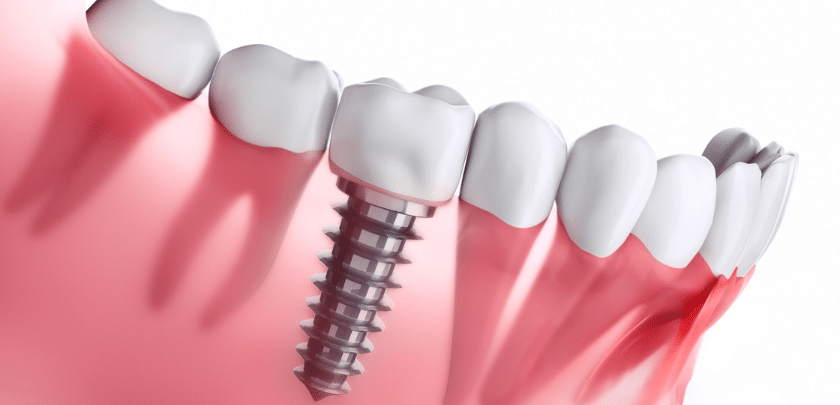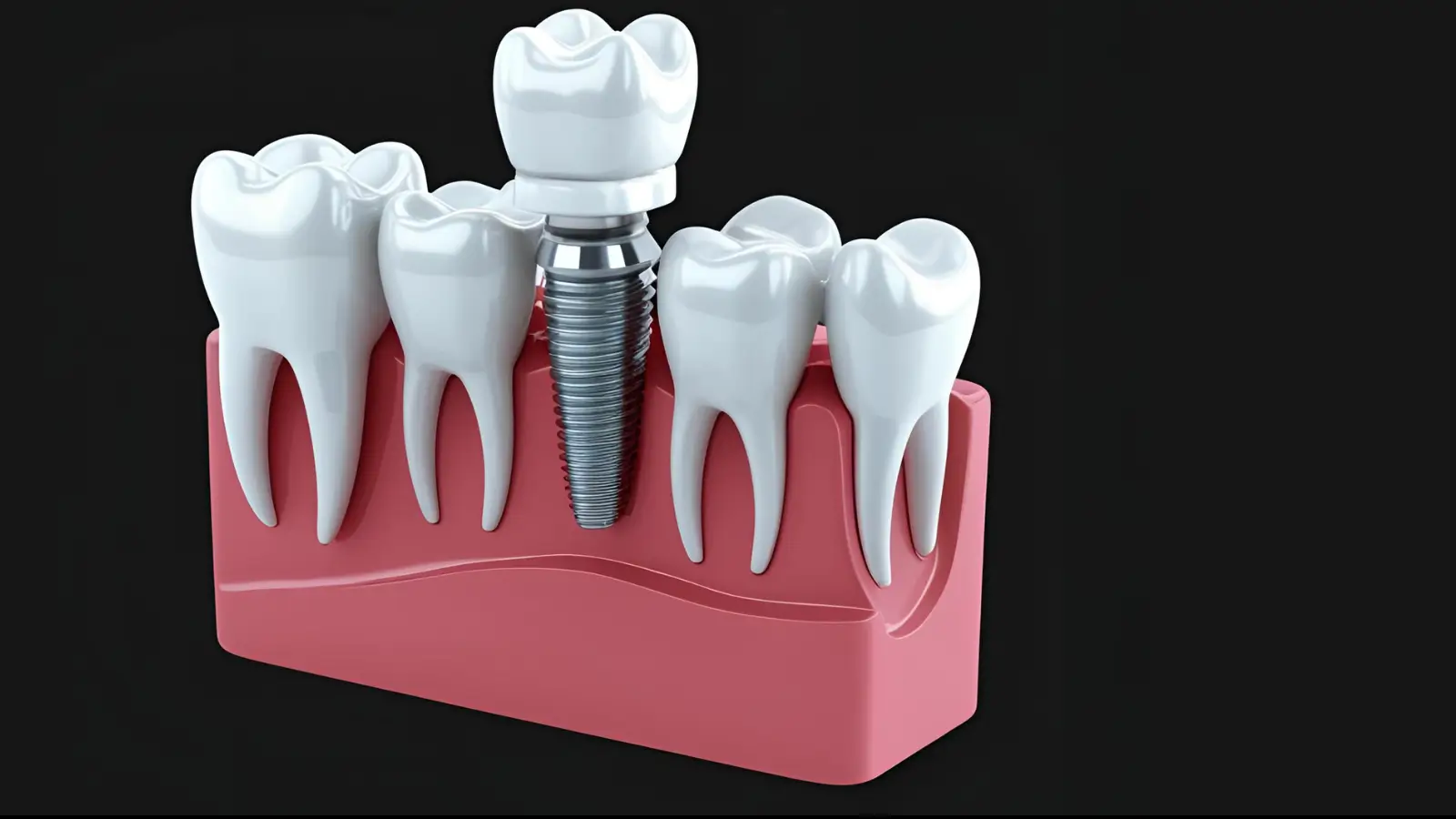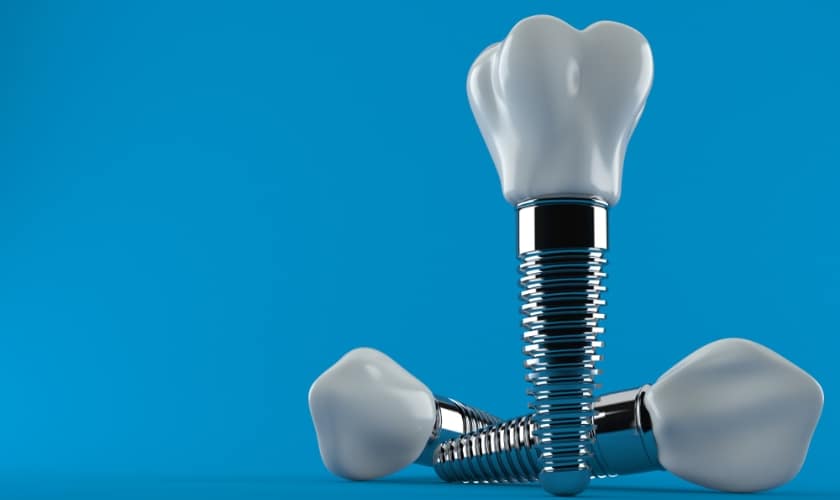
Is A Dental Implant For Teeth Good Or Bad?
Dental implants have revolutionized the field of dentistry, offering a reliable and long-lasting solution for replacing missing teeth. Whether you’ve lost a single tooth due to injury or decay or need to replace multiple teeth, dental implants provide a natural-looking and functional alternative to traditional tooth replacement options such as bridges or dentures. However, like any medical procedure, dental implants come with both advantages and potential drawbacks. In this comprehensive guide, we’ll delve into the pros and cons of dental implants to help you make an informed decision about whether they’re the right choice for restoring your smile.
Understanding Dental Implants:
Before diving into the benefits and drawbacks of dental implants, let’s first understand what they are and how they work. Dental implants are artificial tooth roots made of biocompatible materials such as titanium that are surgically placed into the jawbone. Once implanted, they fuse with the surrounding bone through a process called osseointegration, providing a stable foundation for attaching replacement teeth, such as crowns, bridges, or dentures.
The dental implant procedure typically involves several stages:
- Initial Consultation: During the initial consultation, your dentist will evaluate your oral health, discuss your treatment goals, and determine if you’re a candidate for dental implants.
- Implant Placement: The dental implant(s) are surgically placed into the jawbone, where they integrate with the surrounding bone tissue over a period of several months.
- Abutment Placement: Once osseointegration is complete, an abutment (connector) is attached to the implant, protruding above the gumline and providing a secure anchor for the replacement tooth or teeth.
- Restoration: Finally, a custom-made dental crown, bridge, or denture is attached to the abutment, completing the restoration and restoring function and aesthetics to the smile.
Now that we have a basic understanding of dental implants, let’s explore the pros and cons of this tooth replacement option in more detail.
Pros of Dental Implants:
- Natural Look and Feel: Dental implants closely mimic the appearance and function of natural teeth, providing a seamless and lifelike smile. The replacement teeth are custom-designed to match the color, shape, and size of your natural teeth, ensuring a natural-looking result.
- Improved Chewing and Speech: Unlike removable dentures, which may slip or shift while eating or speaking, dental implants are firmly anchored in the jawbone, providing stability and support for chewing and speech. This allows for greater comfort and confidence when eating and speaking.
- Longevity and Durability: With proper care and maintenance, dental implants can last a lifetime, making them one of the most durable tooth replacement options available. Unlike bridges or dentures, which may need to be replaced every 5-10 years, dental implants offer a permanent solution for missing teeth.
- Preservation of Jawbone: When a tooth is lost, the underlying jawbone may begin to deteriorate over time due to lack of stimulation. Dental implants help preserve the jawbone by providing stimulation similar to natural tooth roots, preventing bone loss and maintaining facial structure.
- Improved Oral Health: Unlike traditional bridges, which require adjacent teeth to be shaved down for support, dental implants do not rely on neighboring teeth for support. This helps preserve the integrity of the surrounding teeth and promotes better long-term oral health.
- Convenience and Comfort: Dental implants eliminate the hassle and inconvenience of removable dentures, which require special cleaning and maintenance. With dental implants, you can brush and floss your teeth as you would with natural teeth, making oral hygiene routines simpler and more convenient.
Cons of Dental Implants:
- Cost: Dental implants can be more expensive upfront compared to other tooth replacement options such as bridges or dentures. While the initial cost may be higher, it’s important to consider the long-term benefits and durability of dental implants when weighing the investment.
- Surgical Procedure: The placement of dental implants involves oral surgery, which carries inherent risks such as infection, bleeding, and damage to surrounding structures. However, with advances in technology and techniques, the risk of complications associated with dental implant surgery is relatively low.
- Time-Consuming Process: The dental implant process typically requires several months to complete, including the healing period following implant placement and osseointegration. While this may require multiple appointments over an extended period, the long-term benefits of dental implants often outweigh the time investment.
- Potential for Implant Failure: While rare, dental implant failure can occur due to factors such as poor oral hygiene, smoking, systemic health conditions, or inadequate bone quality or quantity. However, with proper care and maintenance, the risk of implant failure can be minimized.
- Requirement for Adequate Bone Density: In order for dental implants to be successful, sufficient bone density and volume are necessary to support the implant. In cases where bone loss has occurred, bone grafting procedures may be required to augment the bone before implant placement.
- Not Suitable for Everyone: While dental implants are a highly effective tooth replacement option for many patients, they may not be suitable for everyone. Factors such as underlying medical conditions, medications, smoking, and oral hygiene habits may impact candidacy for dental implant surgery.
Making an Informed Decision
Dental implants offer numerous benefits as a tooth replacement option, including a natural look and feel, improved function, longevity, and preservation of oral health. However, it’s essential to weigh these advantages against potential drawbacks such as cost, surgical procedure, and time investment when considering dental implants as a treatment option.
Ultimately, the decision to pursue dental implants should be made in consultation with your dentist or prosthodontist, who can evaluate your individual needs, discuss your treatment options, and recommend the most suitable solution for restoring your smile. By understanding the pros and cons of dental implants, you can make an informed decision about whether they’re the right choice for achieving your oral health goals and enjoying a confident, functional smile for years to come.





